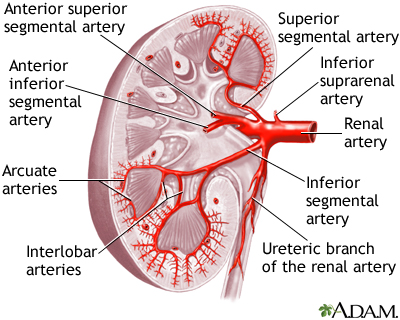
This recent paper, published in Nature, follows the ideas covered in Ronald Levy's lecture of using antibodies to target proteins related to cancer (although in this case, the cancer in question is not B Cell Lymphoma). Receptors of the Notch family are widely expressed transmembrane proteins that function as key conduits through which mammalian cells communicate to regulate cell fate and growth. Aberrant signalling through each receptor has been linked to numerous diseases, particularly cancer, making the Notch pathway a compelling target for new drugs. The researchers have found that using antibodies to selectively block the Notch1 receptor successfully inhibits tumor growth in pre-clinical models.
http://www.nature.com/nature/journal/v464/n7291/full/nature08878.html





